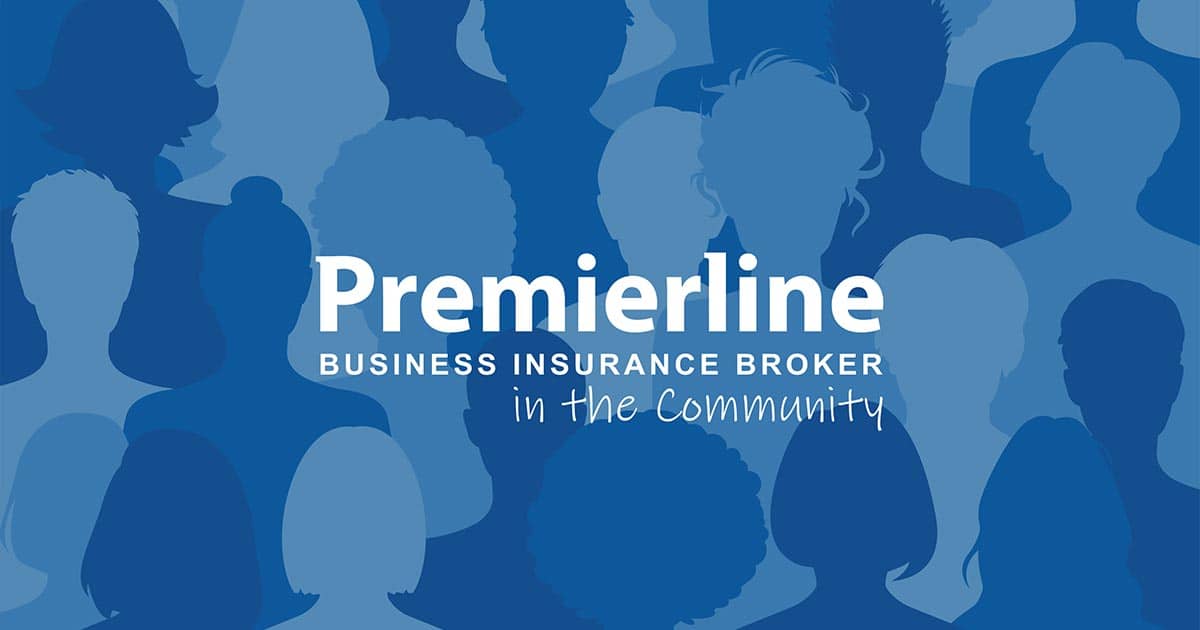Get an EORI number
To be able to move goods into England, Northern Ireland, Scotland or Wales from the EU, you will need to get an EORI number. For England, Scotland and Wales, this number will start with GB. For Northern Ireland, this number will start with XI.
Can your supplier send goods?
Following Brexit, businesses based in the EU are required to make declarations or have licences or registrations to be able to send goods to the UK.
You will need to get in touch with any EU business that you import from to make sure that they are able to continue to send the products that you need to minimise disruption.
Who makes the declarations
When importing from the EU, someone will need to deal with customs or make declarations. This can be done by yourself or you could hire someone to do this work for you.
Getting the customs part of any importing that you do is vital to get right the first time, so hiring an agent to work on your behalf should help to keep disruptions to a minimum.
Find your commodity code
A commodity code will determine how much you need to pay in fees and whether or not you will need an import licence for the products you import.
You will need to include the commodity code with your import declaration. If you use an agent they will be able to help you with your commodity code. Otherwise, you can find out about commodity codes on the government web site.
Work out your import value
You will need to pay VAT and duty on all goods that you import, which is based on the value of your imports.
Calculating the value of your goods needs to be done in a certain way, which your agent can help with, or you can use this link to find out how to do it yourself.
Get the right certification
Some goods will need specific certification or licences to be eligible for transport into the UK following Brexit, some examples include:
Check labelling, marking and marketing rules
There are certain rules on labelling and markings for the items that you import from the EU. Having the wrong marking or labelling can cause a disruption to your imports at customs.
Check these rules on labelling.
















